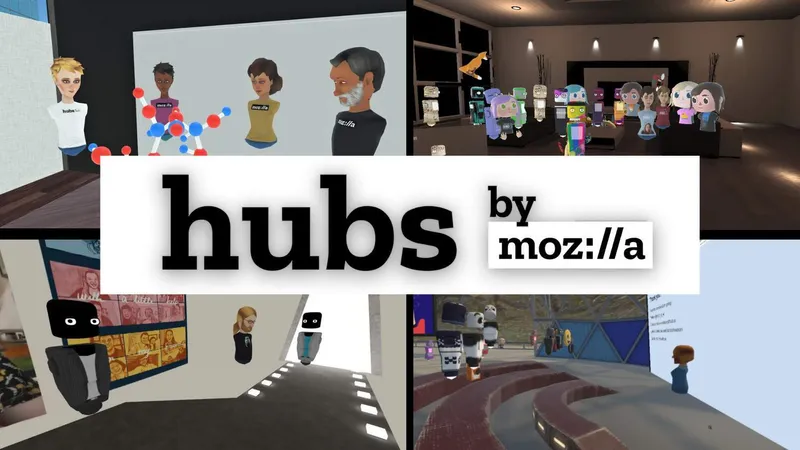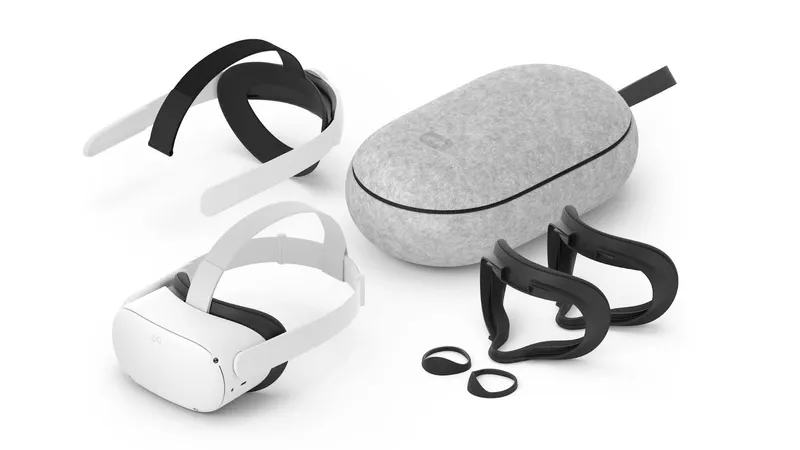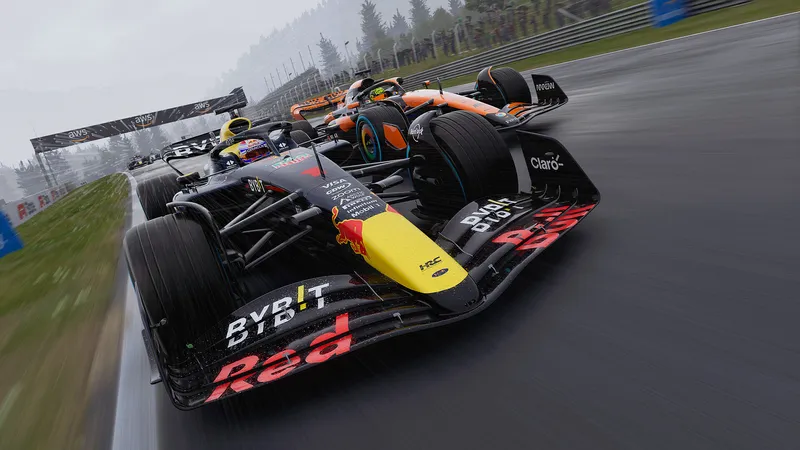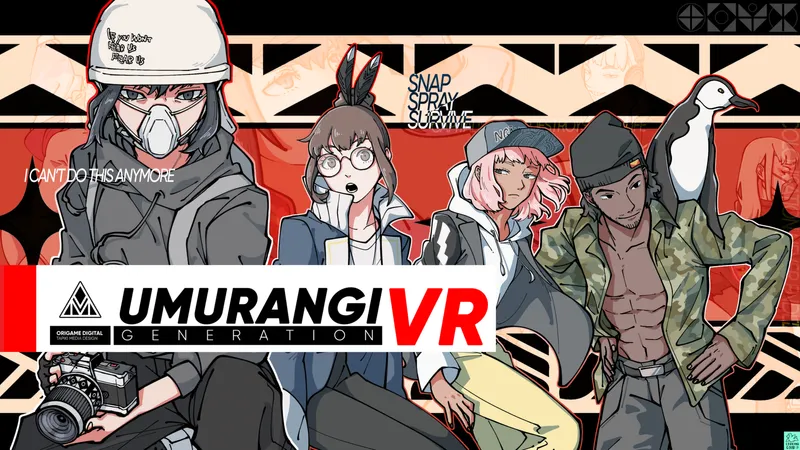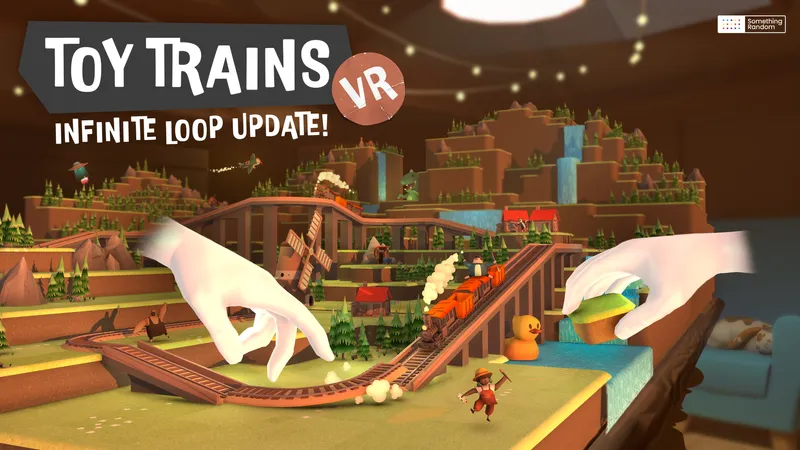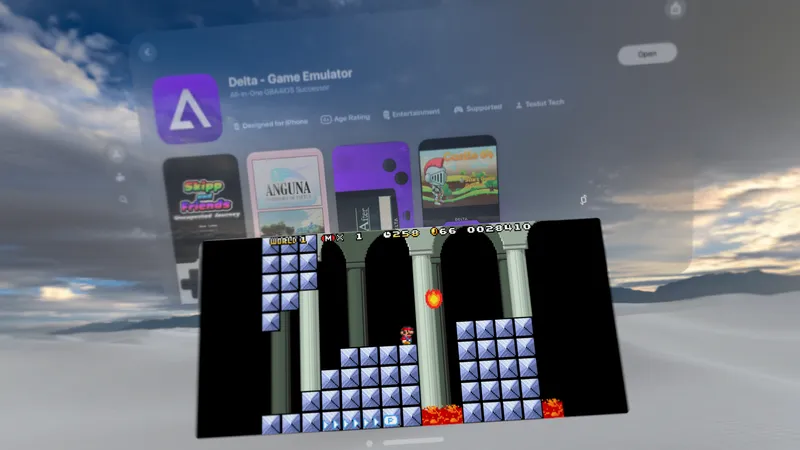The outward perception of VR to the less initiated is that the headsets foster a very isolated or anti-social experience. Unbeknownst to those same people, virtual reality headsets are opening up worlds of potential when it comes to engaging with our fellow humans. Facebook IQ is the social network’s window into the people that power social media; one that marketers can peek into to get a better idea of what makes people tick. A recent entry on the People Insight portion of the website tackles VR and how it facilitates a social connection.
With the caveat that Facebook has a lot to gain from shining a positive light on social VR, this insight paints an interesting future for the platform. This particular piece was centered on the response of users engaging in one on one conversation through the VR headset. Half of the group of 60 people who’d never met before spoke through VR and the others in person. With the headset, people sat across from each other in a virtual train, sparked up conversation, and both groups wore additional gear that measured their cognitive and emotional reactions to socializing. A notable result from this experiment was that a much larger percentage of introverts vs extroverts (83% vs 57%) responded positively and fostered real relationships on the virtual train. The insight presumes this is because the headset, virtual settings, and avatars reduced the self-consciousness and increased the confidence of the introverts.
It wasn’t mentioned in the original article, but the experiment itself took place in the social VR app vTime, which revealed its new recording feature last month. The vTime Twitter account responded to our coverage of the experiment and chimed in on its results:
The experiments took place within vTime. Incredible seeing the cognitive response to vTime from the participants.
— vTime (@vTimeNet) January 12, 2017
The social impact and comfort didn’t directly reveal ways for marketers to benefit from the engagement, but those same elements did open up the participants to discussing other things they’d love to experience in VR. From shopping experiences to visiting locales before booking trips, there are many ways marketers can approach but it’s more important that the opportunity for social engagement was furthered by VR’s sense of presence combined with removing preconceived prejudice from the interaction (something noted by one of the participants). Hopefully those that have created and are creating social VR platforms take note, embrace the potential with new better developed features that bridge people from all walks of life, and find ways to get headsets on to heads so the less informed see what they’re missing out on.




